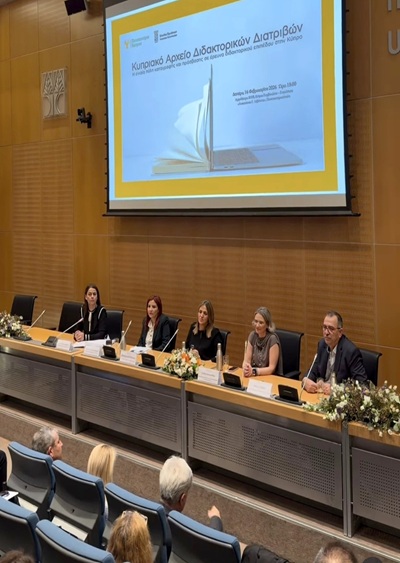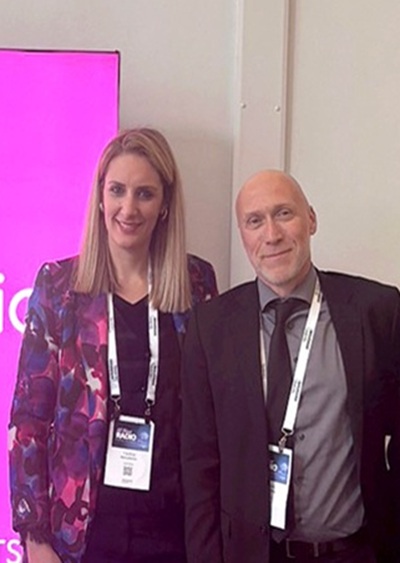
Experts from around the globe gathered at the Orthodox Academy of Crete in Kolymbari for a 4-day workshop to discuss the future of vegetable oils. Organized by the International Union for Conservation of Nature’s Olive Crops Working Group and the Nutella Scientific Council for Sustainable Food, the conference aims to explore the production and impact of these oils.
While olive oil holds an important place in Greek culture, it is only one of hundreds of vegetable oils produced, traded and consumed worldwide. Major oils such as soybean, palm, sunflower, canola and coconut dominate the market, but different regions have their own unique oils.
Vegetable oils play a vital economic role, occupying almost half of agricultural land and representing a market worth more than €250 billion. However, the expansion of oil producing areas to meet increasing demand has negative impacts on biodiversity and climate change. Socially, vegetable oil production also affects human rights and livelihoods.

Orthodox Academy of Crete
With over 8 billion daily users of oils and fats worldwide, addressing the global ‘fat gap’ is becoming critical. Some people do not have sufficient fat in their diet, and meeting this demand requires increased production of animal or vegetable fats, leading to different scenarios with significant implications.
The lab emphasizes the complexity of vegetable oil crops, as they are used not only for oil extraction, but also for food, animal feed and biofuels. It highlights the neglected cultural and economic importance of local oil crops, although olive oil stands out as an exception.

Orthodox Academy of Crete
To secure a better future for vegetable oils, an integrated system approach is needed, taking into account environmental, social and production values. Simply focusing on yield or individual crops falls short. Aligning the future of vegetable oil crops with sustainability goals, biodiversity conservation and human rights is essential for progress.
The location of the Orthodox Academy of Crete, next to the olive groves of Crete, was able to give the delegates from different countries from all over the world, the ideal place and space to stimulate thinking and discussions about the future of vegetable oils.







Leave A Comment